If you’ve been researching how to break into the beauty industry, you’ve probably come across the terms makeup artist, cosmetologist, and esthetician. Many people mistake these terms for the same job. To understand the beauty industry and decide how you want to be trained, you should understand the similarities and differences between training and working as a makeup artist, a cosmetologist, and an esthetician.
Please Note: The following information has been curated to the best of our ability and knowledge. QC Makeup Academy strongly encourages everyone to research their applicable regulations to ensure you follow the specific requirements of your local licensing board.
Job description
Different beauty professionals might share some of the same skills, but they’re not technically doing the same job.
Makeup artist
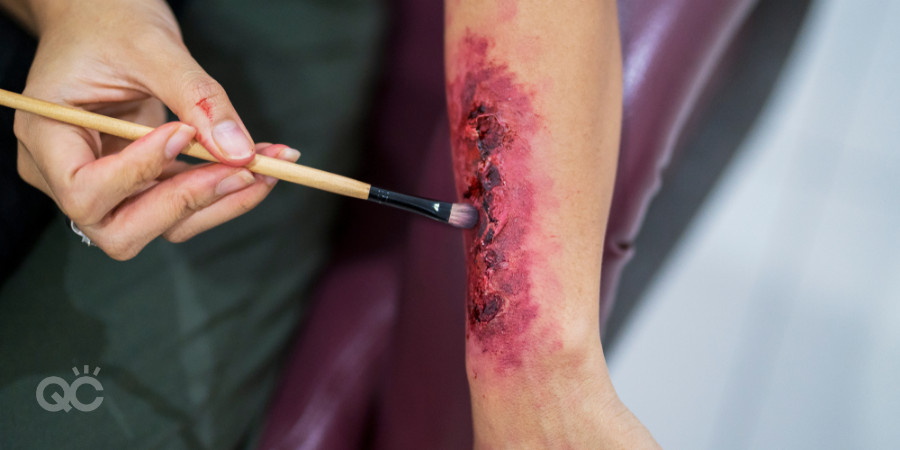
Makeup artists use cosmetics to alter the look of the face. Usually the goal is to enhance the client’s beauty, but there are many different kinds of makeup artistry. Special effects makeup artists often create looks that are intentionally unattractive using products like prosthetics and adhesives. A makeup artist’s scope, however, is limited to external makeup applications. Makeup artists use cosmetics primarily to influence the facial appearance, rather than the client’s appearance as a whole.
Cosmetologist
Cosmetologists share skills with makeup artists, but they also offer services that require more than makeup. These include skincare, nail care, and hair styling. Cosmetologists influence the client’s overall beauty in addition to their facial appearance. For example, they might do manicures and facials, which makeup artists cannot offer without additional training. Not every cosmetologist works with hair, skin, and nails. Some specialize in one area of expertise.
Esthetician
Estheticians might share skills with makeup artists and cosmetologists, but they also provide more advanced services. Estheticians specialize in methods of skin treatment and hair removal that makeup artists and cosmetologists are not licensed to do. These include electrolysis, microdermabrasion, permanent makeup application, reflexology and more. Estheticians might be trained in makeup application and nail care, but many stick to other areas of expertise.
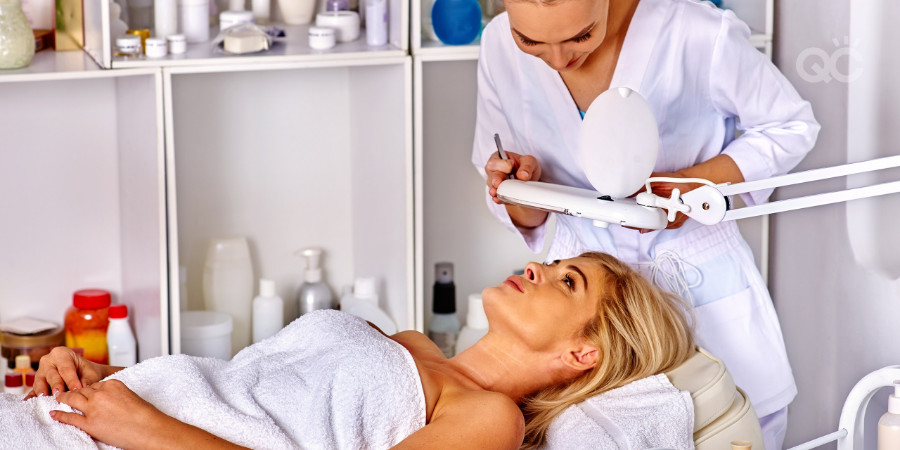
Workplace and the daily routine
Makeup artists, cosmetologists, and estheticians can work in the same place, but they are hired for different duties. For example, a cosmetologist might not be hired for a position that only calls for makeup application, even if they have that training.
Makeup Artist
Makeup artists have a wide range of workplaces. Many work freelance on weddings and proms or in the fashion industry on photo shoots and fashion shows. Some makeup artists work for productions or television companies. They might also work at a makeup counter as a cosmetics expert helping customers choose products. Salons might hire makeup artists to do professional applications but no advanced services. Experienced makeup artists might start run their own businesses.
Professional makeup artists are paid well, but perhaps not as highly as cosmetologists and estheticians. If they can break into the film, fashion, or television industry, however, their salary might surpass both.
Cosmetologist
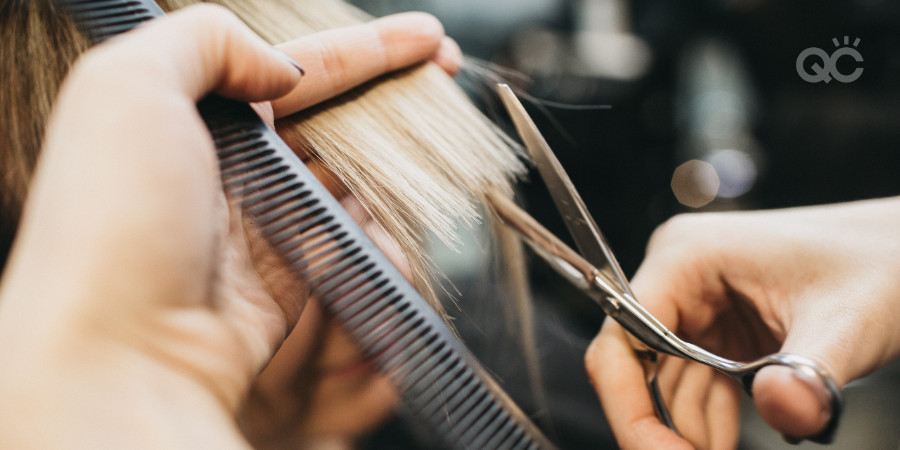
Cosmetologists primarily work in spas, salons, and health clubs. They can offer a full range of services or specialize in one thing. They might also work at hotels, resorts, or cruise ships offering relaxation treatments. Experienced cosmetologists start their own businesses.
Cosmetologists are often paid more highly than freelance makeup artists because they have specialized skills, but not as highly as estheticians who have more training. Their rate of pay varies based on where they work and the nature of their duties.
Esthetician
Like cosmetologists, estheticians work mainly in health clubs, salons, and spas. They are less likely to work in hospitality because microdermabrasion is less popular on holiday than a manicure or facial. Experienced estheticians might start their own business or open a salon.
With the exception of makeup artists and cosmetologists working high profile or celebrity jobs, estheticians are often paid at a higher rate because the services they offer require the most specialized equipment and more advanced training.
Training and costs
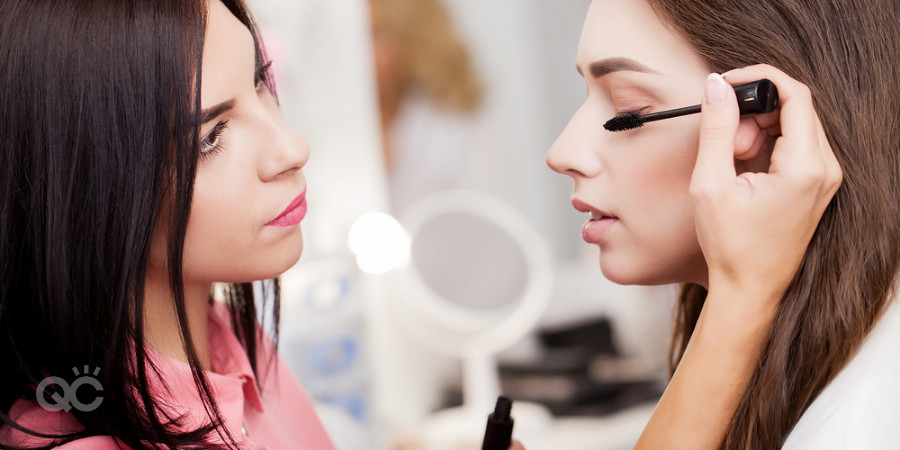
The more thorough the training required to perform the service, the more expensive the courses tend to be.
Makeup artist
In most places, there is no particular level of training required to become a makeup artist. Even in states and provinces where you must become licensed, the process takes place with the licensing bureau rather than a particular training program. Makeup artists who do seek professional training, however, often find that their skills are regarded more highly by clients.
With the exception of some highly prestigious makeup schools, makeup artistry programs are quite affordable. Many schools will also offer payment plans to accommodate their students’ budgets.
Cosmetologist
Cosmetologists are required to complete training that meets a regulated standard. You won’t be permitted to take licensing tests until you complete professional training in an accredited program. Cosmetology programs are often more expensive than makeup artistry programs because they require more training hours and additional supplies.
Applicants with makeup artistry training and/or experience in the beauty industry are more likely to be accepted and to excel in a cosmetology program.
Esthetician
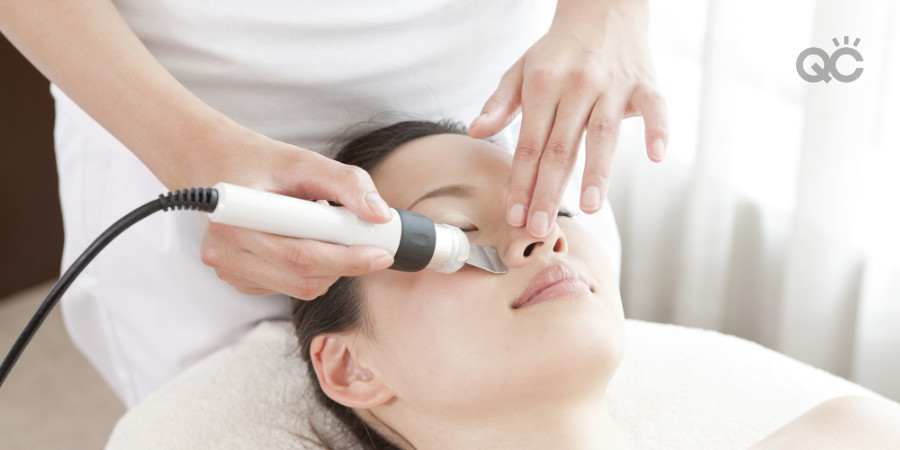
Professional esthetician training covers the widest range of skills requiring the most specialized equipment. It is therefore the most expensive. Esthetician programs are comparable in length to cosmetology programs, but they’re usually longer than the average makeup artistry training program.
Applicants who have already completed training for makeup artistry or cosmetology and worked in the industry have an advantage when it comes to being accepted into and excelling at esthetician training.
Licensing
The licensing process can vary depending on where you’re from, so be sure to check the requirements of your local licensing board before you begin training.
Makeup artist
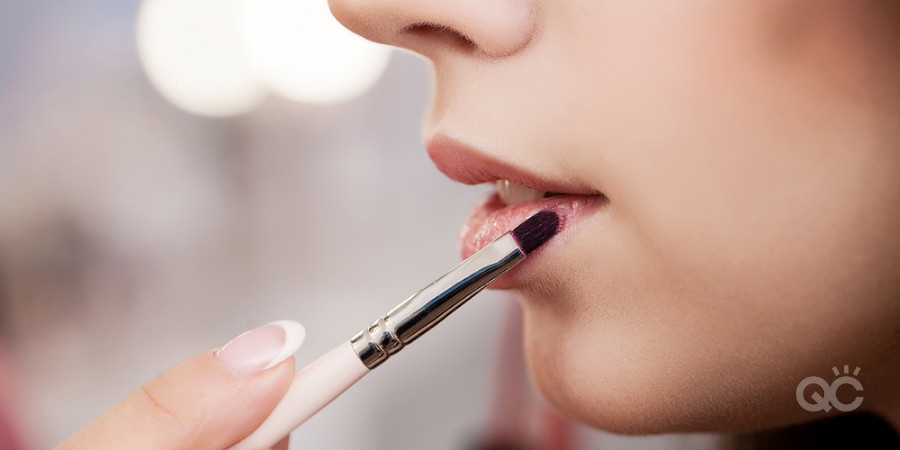
In some places, makeup artistry isn’t licensed as long as you are only performing basic makeup applications. In others, you may need to meet specific requirements set by your local licensing board. This may include a specific number of training hours in cosmetology, completing a test to ensure your training and experience meets standards of safety, hygiene, and technique, or more.
Note: Some states and provinces may require cosmetology training and licensure if you are getting compensated for your makeup artistry services. However, in most cases you are exempt from the license requirement if you work at a makeup counter, since the purpose is to sell the product and not the service of makeup application.
Cosmetologist
Cosmetologists are required to become licensed in most areas, because their services influence the skin, hair, and nails and require more than just cosmetics. The type of program you’re required to take varies from place to place, but once you’ve received your certificate you’ll complete a locally regulated written test and a practical demonstration of your skill.
Esthetician

Like cosmetologists, estheticians must be formally trained and licensed according to the requirements of their local licensing board. Accredited programs will meet the standards of your local board, and you’ll demonstrate your training in a written and practical test.
Care to learn more?
Many professionals breaking into the beauty industry begin with makeup artistry training. This first step increases your professionalism and prepares you more thoroughly for ongoing training and specialization. Certified makeup artists are much more likely to be accepted into cosmetology or esthetician programs than those with no previous training.

I honestly had no idea there was such a difference between the different disciplines of beauty. I believe the one that I need with my skin is the cosmetologist, based on what you’ve written. I’ll have to make sure that I’m seeing the proper professional the for the proper job next time I need some beautification done. Thanks for the info!
I love the fact this article goes into such great detail breaking down each part of the overall industry. I want to say this is one of the reasons that I chose to attend @QCMakeupAcademy is that the overall care you put into all aspects of each course, the way you go into detail from the initial enrollment all the way through and the support even from the Alum makes this the school to attend!
I like the fact that this article goes in to such a great detail
Good article! I would love for somebody to explain to me though, why it is a cosmetologist doesn’t get the discounts that makeup artists get from just about every makeup company. This is so upsetting to me as i paid over 20,000 on my education and was highly trained in all ranges of services, and yet I am denied the makeup artist discount. I was trained as a makeup artist, just like a makeup artist was. Only difference is I took much more training and I was trained in other areas as well. So i basically get punished for having more/advanced training.
I know i started to rant but i really dont understand.
Hi Amanda,
We’re glad you enjoyed the article! As a professional makeup artist, there are some cosmetic companies who grant working artists a discount on products. It might take some research, but if you are able to prove your are currently working in the field there are companies who would be happy to provide you with discounts!
One of QC Makeup Academy’s preferred partners, Frends Beauty, provides working makeup artists a discount on pro supplies. Check out their website to learn more about gaining makeup discounts!
Hope this helps! 🙂
Isuggestion if your cosmotologist, when you get your products and want a discount, why don’t you tell them your a makeup artist
I wanted to thank you for helping me learn more about make-up artists and cosmetologists. I had no idea a cosmetologist can do additional services like skincare and nail care. I’m kind of interested to learn if they could specialize in a type of care, like is a cosmetologist could specialize in nail care.
Wow. I love the fact everything is broken down and explained well. Thanks for this. I love it
Hi Paulina,
Thanks so much for taking the time to read this article and leave such a lovely comment! We’re glad that you found this blog post so informative and useful. Which part did you find the most beneficial to you? 🙂
All the best,
The QC Team